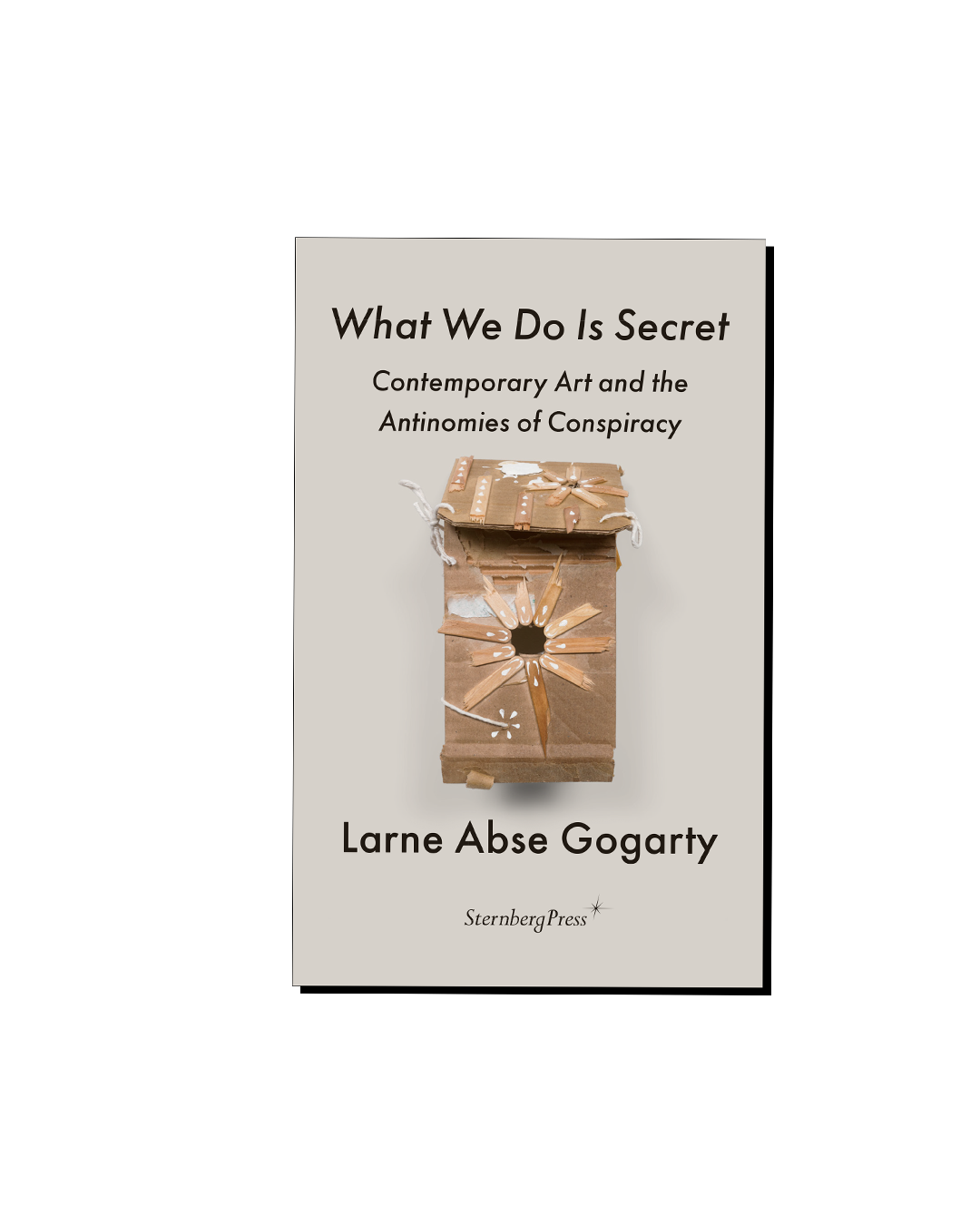Question as Action: On “Questions to Ask Before Your Bat Mitzvah”
What, then, do Jews who are invested both in being in lockstep with the Palestinian struggle and in our Jewish cultural lives do with our Judaism?
Courting Opposition: On Three Books from Changes Press
By the end of the book, we have arrived at the beginning, this introduction to a kind of refractory methodology.
Spilled Oil: On Lydia Kiesling’s “Mobility”
What Mobility offers is a model for centering the personal in a way that amplifies, rather than obfuscates, its political context.
High Fidelities: On Some Recent Translator’s Notes
Hard at work in a culture more dedicated to vocational mythologizing than repairing structural supports.
A Tally of Ghosts: On Gabriel Palacios’ “A Ten Peso Burial For Which Truth I Sign”
Palacios’ lyrics carefully excavate, document, and interpellate through such questions, interrogating what a peopled coexistence could possibly mean when, amidst modern exigencies.
The Transitive Property of Love: On Toby Altman’s “Discipline Park”
I feel jealous of Toby Altman for being so obsessed with this topic, which makes his poetry a “serious project.” I worry I am only serious about my love for people.
Witnessing the Witnesses: On Hanif Abdurraqib’s “There’s Always This Year”
Running through “There’s Always This Year” is a strong biblical motif. God (sometimes capitalized, sometimes not), savior, prayer, mercy, miracles, redemption, salvation, and eternity all permeate the book.
Shear Defiance: On Andrew Drummond’s “The Dreadful History and Judgement of God on Thomas Müntzer”
By making Müntzer a scapegoat, Catholics and Lutherans cemented his reputation as an uncompromising iconoclast. This image only made the preacher more appealing to later generations of radicals.
Ways of Seeing: On John Berger’s “Cataract”
It is both within the custom of writerly sight, then, and a cruel irony, that Berger, whose popularity is most connected to Ways of Seeing, would later come to develop cataracts in both eyes.
Brat2Brat: On Gabriel Smith’s “Brat”
Style is sexy, but without its earthly trappings—the meaty, earthy details that give texture and life to a novel—it floats away as soon as the book is shut.
Who’s Cooking Beautifully: Formalism and Younger Poets
Armen Davoudian’s first full-length book, The Palace of Forty Pillars, shows for the first time in far too long what meters and rhymes and inherited forms, used deftly and clearly to speak of real lives, can do.
Shakespeare Was Gay: On Allen Bratton’s “Henry Henry”
If you are deeply offended by Bratton’s decision to adapt Shakespeare’s historical masterworks into a novel about incest, addiction, and fucking, consider what he was up against.
The Limits of Artificially Intelligent Poetry: On Lillian-Yvonne Bertram’s “A Black Story May Contain Sensitive Content”
To do so would call into question the political viability of Bertram’s poetic practice, which is stuck at the level of the model, taking it as a given and merely tweaking the parameters.
The Size of Life: On Dino Buzzati’s “The Singularity”
Buzzati makes a case for the necessary limitations of the “wretched flesh” in which we experience life, experience that cannot be reduced to the digital binary—singular experience.
Perpetual Obscurity: On Juan Rulfo’s “Pedro Páramo”
From this angle, it’s almost as if the narrative itself—an ethereal ghost story and a cautionary tale about land grabs—is inconsequential to the book’s real currency: its paradoxically prominent underappreciation.
Parables and the Picaresque: On Djuna Barnes’s “Ryder”
The Ryders are an antithesis of an aristocratic dynasty, closer to modern-day rednecks than the ancestral tradition Barnes pays homage to in her Elizabethan prose.
Feelings Over Facts: Conspiracy Theories and the Internet Novel
But they also promise a conditional escape: if you attain the right knowledge and listen to the right people, you might be able to save yourself and those you love.
Eating Time: On Marosia Castaldi’s “The Hunger of Women”
Rosa has entered a different understanding of time and its allotments, one removed from the linear progression for heterosexual women as dictated by girlhood, marriage, and childbirth.
Make It News: On Chris Marker’s “Eternal Current Events”
Marker’s lesson, in part, is that the news is what you make it, but you cannot make it just as you please.
Emptying the Pond to Get the Fish: On Robert Bresson
His films have neither the populist classicism of Francois Truffaut nor the chic experimentalism of Jean-Luc Godard; and unlike with Eric Rohmer, no one is curating Instagram accounts with outfits from his oeuvre.




















